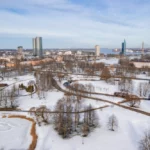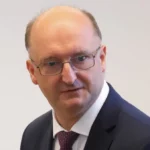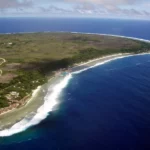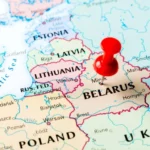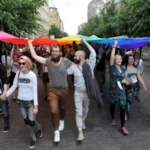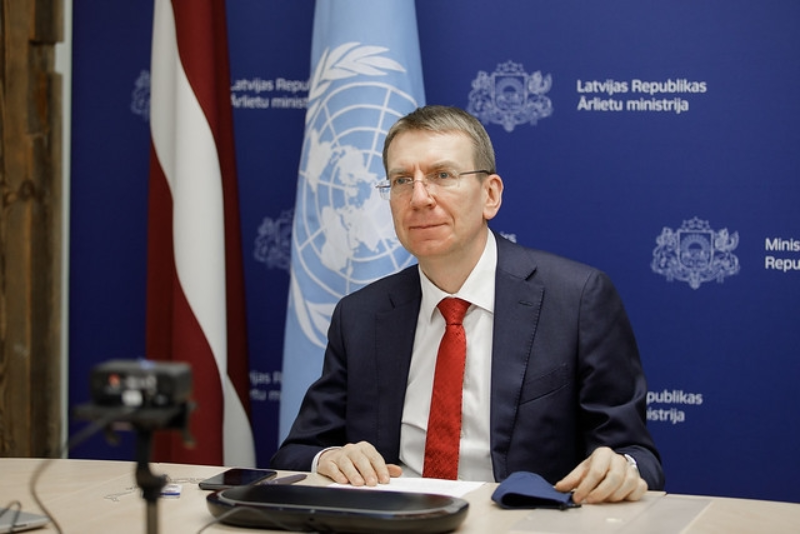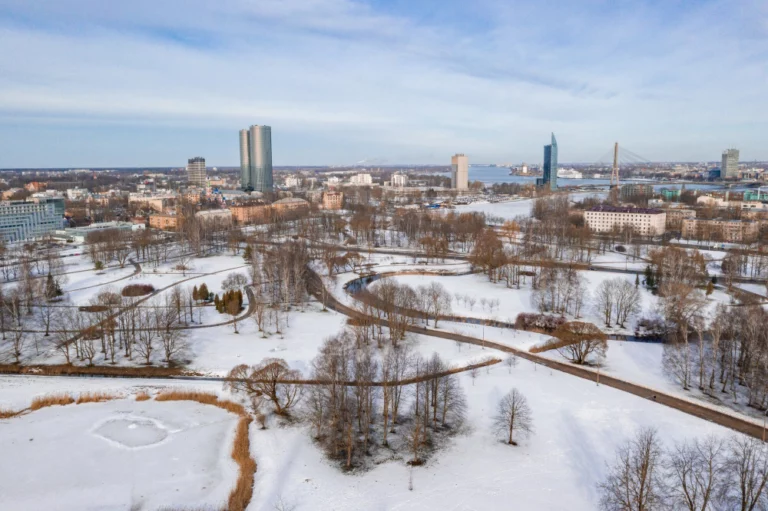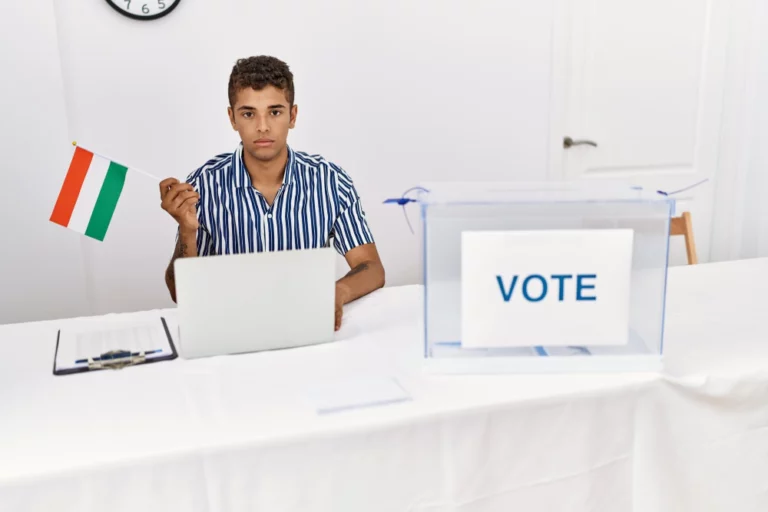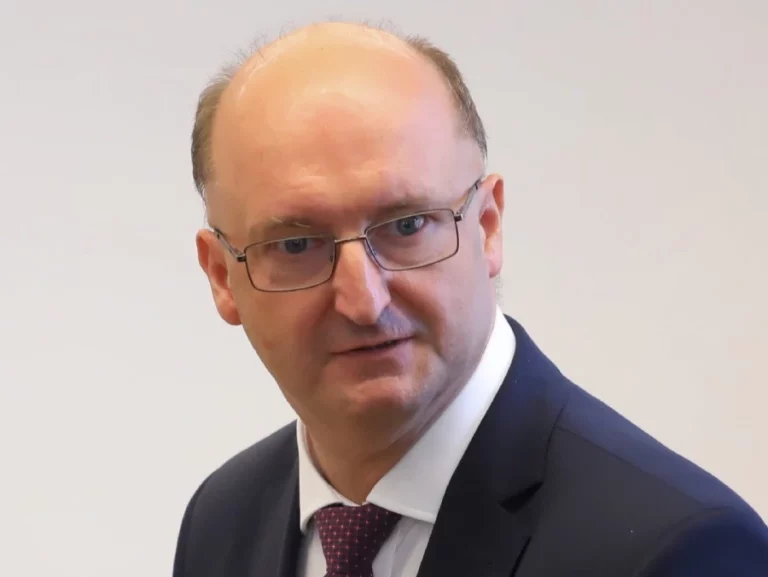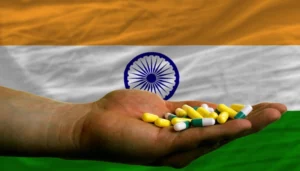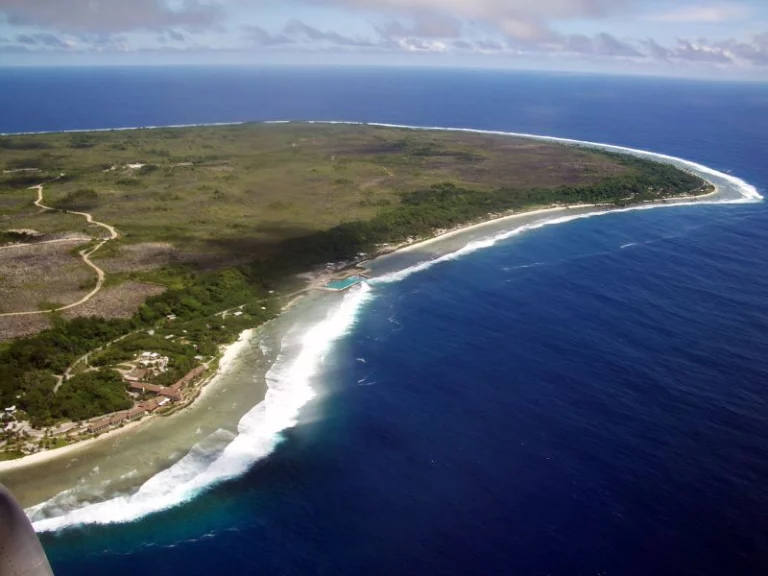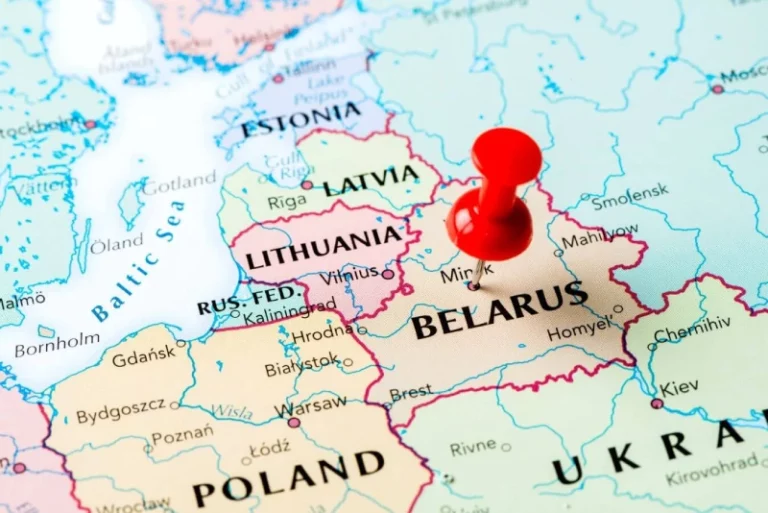In a landmark decision, the Latvian parliament has elected Edgars Rinkēvičs as the country’s new president, making him the first openly gay head of state in a European Union country.
The announcement of Rinkēvičs’ election coincided with the start of Pride celebrations in the Latvian capital, Riga, and was met with jubilation by LGBTQ activists throughout Europe. The historic event underscores the increasing divergence between Latvia, once occupied by the Soviet Union, and Russia, which has taken a more restrictive stance on LGBTQ rights.
Stance against Russia
As the war in Ukraine continues to unfold, Russia has implemented increasingly harsh measures against its LGBTQ citizens. The Kremlin has imposed stricter restrictions on LGBTQ “propaganda,” and legislation is being considered to ban gender-reassignment surgery.
The Washington Post has reported that Russia has also attempted to justify its illegal invasion by invoking traditional Christian beliefs. Against this backdrop, Rinkēvičs’ election sends a powerful message of inclusivity and progress.
Latvia, along with its Baltic neighbors Estonia and Lithuania, has traditionally exhibited less tolerance toward LGBTQ individuals compared to Western European nations. However, Rinkēvičs’ election marks a significant step forward for the rights of the LGBTQ community in the Baltic region.
Rinkēvičs, a center-right politician, has served as Latvia’s Minister of Foreign Affairs since 2011. In 2014, he made headlines when he publicly announced his sexual orientation on Twitter, stating that he was “proud to be gay.” He has since been a vocal advocate for LGBTQ rights, pledging to fight for the legalization of same-sex marriage in Latvia.
Despite being one of the worst countries in Europe in terms of legal rights for LGBTQ individuals, Latvia has taken a historic stride by electing Rinkēvičs as its president. The role of the president in Latvia is largely ceremonial, with the president being elected by members of the 100-seat parliament.
Votes
In the runoff round of voting, Rinkēvičs secured 52 out of 87 votes, one more than the required majority. His closest competitor, businessman Uldis Pilens, received 25 votes. Notably, the For Stability party, associated with Latvia’s Russian-speaking minority, voted against both finalists.
Rinkēvičs is scheduled to assume office on July 8, and he has already pledged to continue Latvia’s support for Ukraine and its commitment to the European Union and NATO. His unwavering stance against Russia’s actions in Ukraine during his tenure as foreign minister has endeared him to many Latvians.
The Baltic nations, including Latvia and Estonia, have provided significant military aid to Ukraine in proportion to their economies. They have played instrumental roles in assisting Ukraine in securing military aid from the West. Ukrainian President Volodymyr Zelensky congratulated Rinkēvičs on his appointment, describing him as a “true friend of Ukraine.”
Background
Edgars Rinkēvičs was born on September 21, 1973, in Jūrmala, Latvia. He completed his bachelor’s degree at the University of Latvia’s Faculty of History and Philosophy in 1995. In addition, he studied Political Science and International Relations at the University of Groningen in the Netherlands. Rinkēvičs holds a master’s degree in political science, as well as a second master’s degree from the Dwight D. Eisenhower School for National Security and Resource Strategy, which he obtained in 2000.
Throughout his career, Rinkēvičs has held various important positions in the Latvian government. He started as a journalist reporting on foreign policy and international relations at Latvian Radio while still pursuing his studies. In 1995, he joined the Ministry of Defence, where he served in different roles, including Deputy Secretary of State for Defence and Secretary of State for Defence.
In 2008, Rinkēvičs assumed the position of Head of the Chancery of the President of Latvia, a role he held until July 2011 when he joined Valdis Dombrovskis’ third cabinet as Minister of Foreign Affairs. Initially an independent, he later joined the Zatlers’ Reform Party in 2012 and, in 2014, became a member of the Unity party.
Rinkēvičs has been a consistent advocate for international cooperation and diplomatic relations. He has actively participated in discussions and negotiations concerning Latvia’s partnerships, including the US-Baltic Partnership Charter and Latvia’s accession to NATO.
Beyond his political accomplishments, Rinkēvičs made a significant personal revelation in 2014. On November 6, he publicly announced his homosexuality on his Twitter profile, becoming the first lawmaker in Latvia to do so. At that time, he became the most prominent openly gay politician in a former Soviet Bloc state and the first openly gay head of state in an EU country. Rinkēvičs’ courageous disclosure further cemented his commitment to advocating for LGBTQ rights and equality.
Fluent in Latvian, English, Russian, and French, Rinkēvičs brings a wealth of experience and a strong international perspective to his new role as president. He has shown unwavering dedication to his country and has been recognized as a true friend of Ukraine, garnering praise from Ukrainian President Volodymyr Zelensky.
While Latvia still faces challenges in terms of LGBTQ rights, Rinkēvičs’ election sends a powerful message of hope and sets a positive example for other nations. As he takes on the ceremonial role of the president, Rinkēvičs has expressed his commitment to serving the people of Latvia and upholding the country’s foreign policy principles, which include support for Ukraine, the European Union, and NATO.
As the first openly gay head of state in an EU country, Rinkēvičs embodies the spirit of equality and represents a step forward toward a more inclusive and accepting Europe. It is a moment of celebration for LGBTQ groups, both in Latvia and across the continent, as they witness the breaking of barriers and the triumph of diversity.
